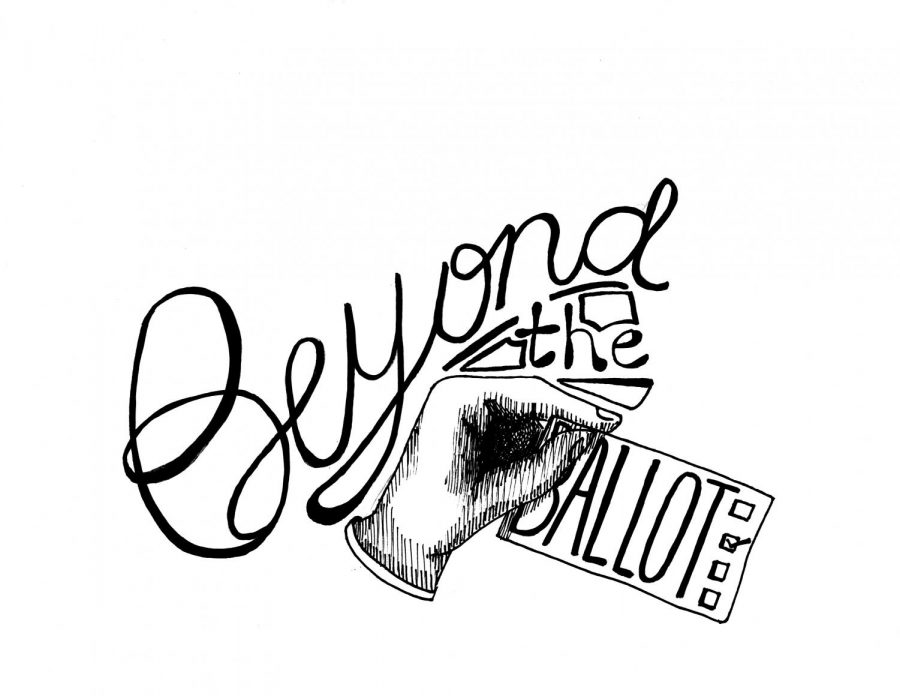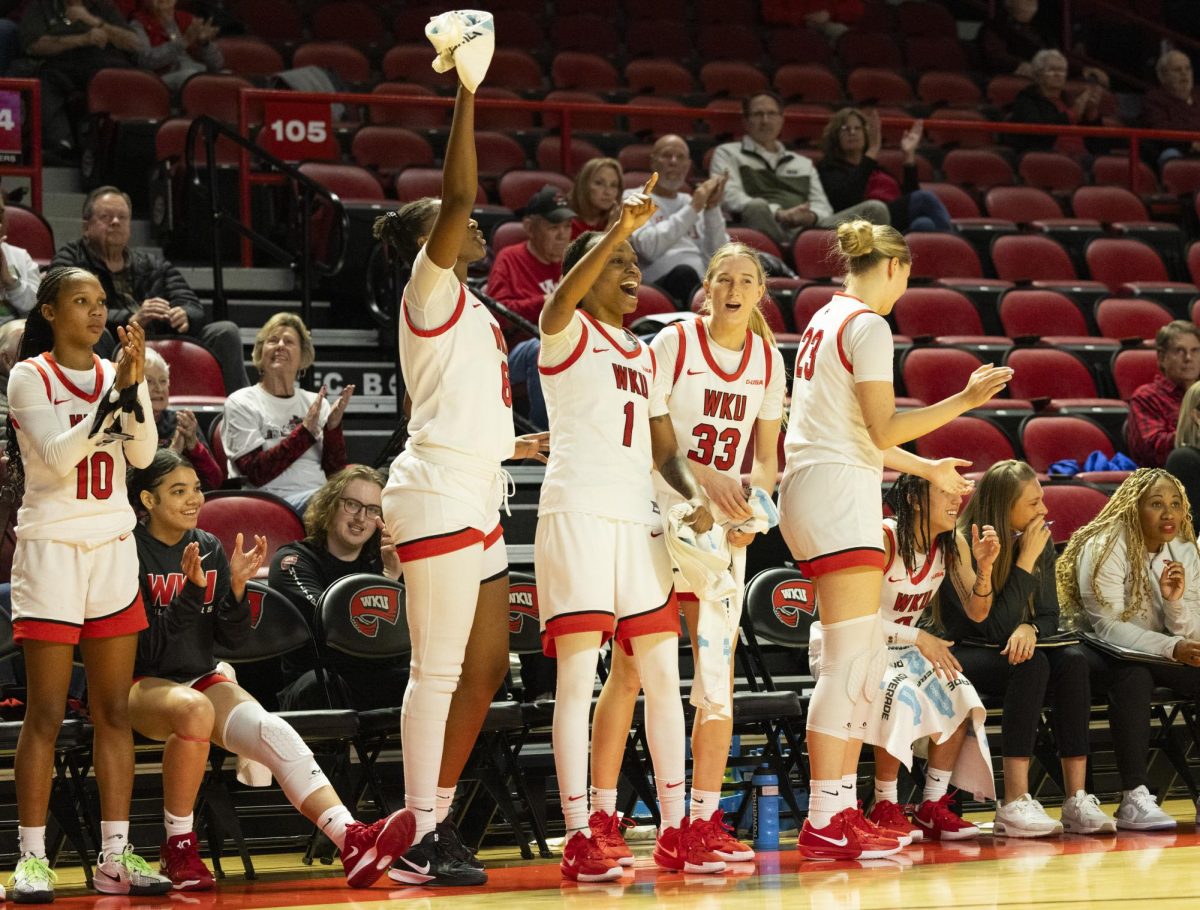OPINION: Abandoning armchair activism: Fight the urge to do nothing
September 11, 2017
SYNTHESIS
RISE ABOVE THE STATIC
Far too often, Americans elevate voting as the highest form of political participation.
It’s not.
Yes, voting is a right, and one we should hold dear. No one should take the right to vote for granted, especially in the wake of remarkably high rates of voter disenfranchisement.
Nonviolent drug offenders like Mantell Stevens don’t have voting rights. Seventeen years after receiving felon status, his basic American right is inexplicably still hanging in limbo.
Gerrymandering and laws rooted in voter suppression run rampant. While voting is an important keystone component of maintaining the illusion of a democratic process, it’s not the pure and sanctified practice many of our parents made it out to be.
It’s also not the most a person can do.
There are other ways a college student can make their voice heard, and in the process, achieve a degree of “advanced citizenship” – going beyond mere expectations and doing something more.
For starters, discerning between what’s static and what’s not is intrinsic to finding one’s political footing, regardless of party affiliation.
Every few months, rumors of new episodes of “The Office” returning to television manage to skitter to the surface. Despite its nagging persistence and poorly positioned case, the flimsy, fictionalized hoax still manages to fool a concerning number of my Facebook friends.
I’m bummed, both about Jim and Pam moving out of my life and common gullibility.
The Stanford Graduate School of Education researched the sprawling fake news epidemic and found that while millennials “use digital technology, they have terrible skills at judging what information is reliable and what is not reliable.”
I know it’s cool and trendy to hate millennials, but in a more serious sense, the rising tide of fake news proved problematic in the 2016 presidential election.
Rising above the static, and reading news articles with a spirit of objectivity will help both parties wriggle out of their already established echo chambers. Only then can students cultivate thoughtful dialogue.
Sure, it may sound trite and overly sappy, but being kind to one another in daily discourse – whether it’s in person or from behind a glowing screen – is strangely uncommon today. Political musings and conversations can be had in an environment that feels decidedly less hostile.
Talk about issues. If you feel strongly about an issue, don’t subscribe to the perceived laurels of lazy armchair activism. Sharing a Facebook post rarely will solve anything, ever.
Write a letter to your representatives.
Get behind the issue. Be well-informed. Fundraise, mobilize, protest. Create conversations. Rise above the swirling undertow of negativity and do something significant. Simply showing up to rallies and town hall forums is revolutionary when the norm is to do nothing.














